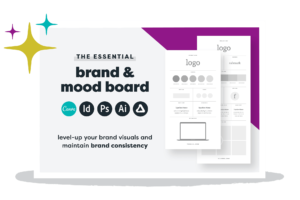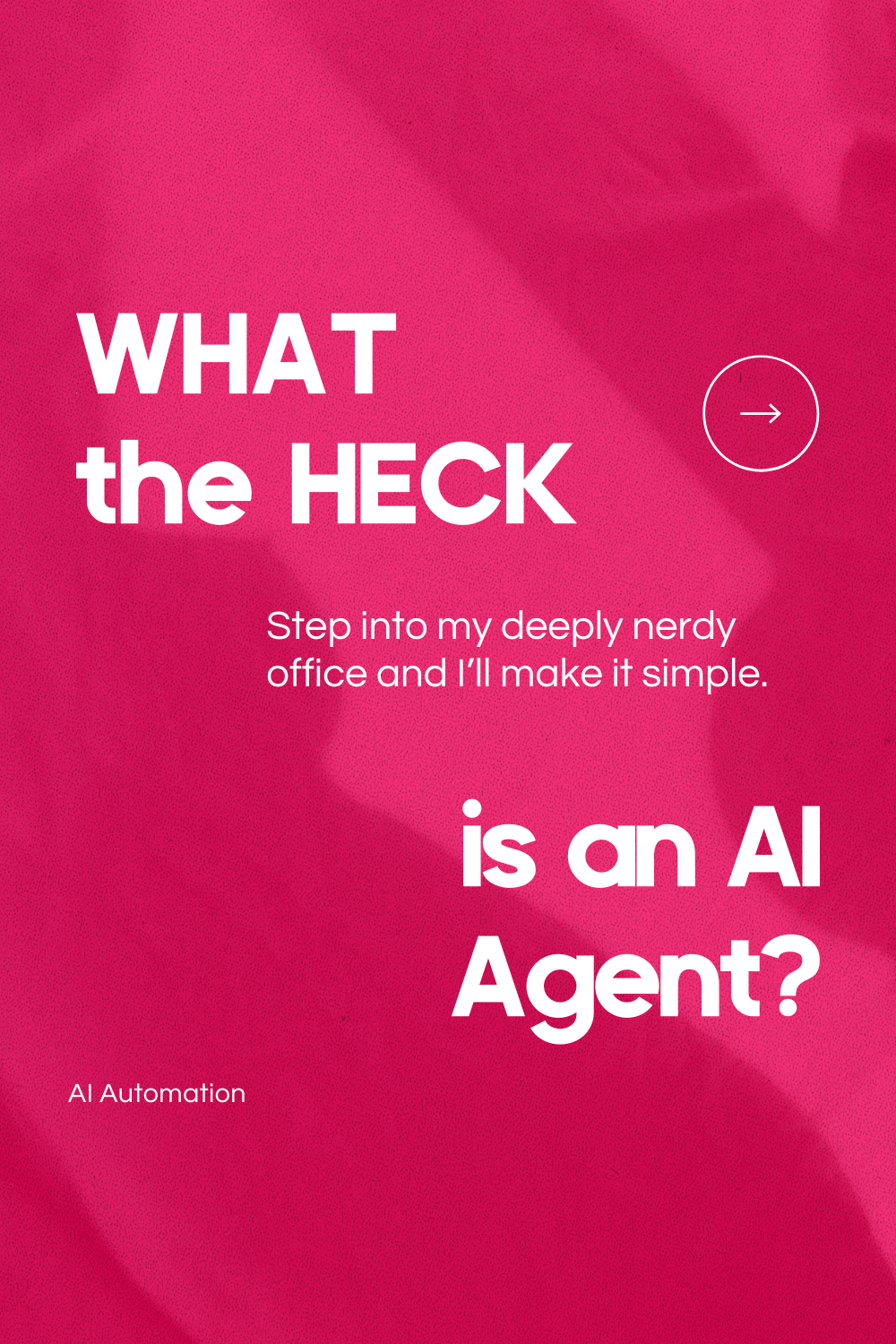
In my eyes, there are two main ways to brand yourself: either as a personal brand or through a business brand.
In this massive cultural shift and evolving market, it’s necessary to have a personal brand – even if you don’t know if you’re going to be looking for a new job anytime soon or starting a business. I first started developing my personal brand in 2012 to get into college when I needed a portfolio and website. When I took that website and rebuilt it a few years later prior to graduation, my objective was to get a job out of college. After getting a couple “less then ideal” jobs outside of college, I started entertaining the idea of having a business. Once I made the decision, I started changing my messaging from “hire me for a job” to “hire me (for projects) because I’m amazing”. At that point, I had been doing some of the basics of personal branding.
Launching a business is fun and exciting! You see the possibilities and the ways to make money, and before you know it, you’re talking all about your exciting new venture!
Over the years, I’ve become increasingly passionate that a personal brand is the best way to start and scale a business. Why? Because a personal brand is nimble. You can pivot and change.
A business is just an organization. They often market some sort of product or service. But a brand is exciting! A brand takes the business a step further. Your brand provides an emotional connection to the audience – it has personality. It feels tangible.
A personal brand is for (almost) everyone. At its core, Personal branding is about building relationships with people. It’s about making your online experience match your real-life experience (so basically authenticity). So if someone went to your website, would they know who you are in real life? I want to give you some starting points to help you develop your personal brand:
1. Decide what you want to be known for.
This is where you need to POSITION your brand (aka yourself). What do you want to be known for? This should be something you LOVE and something others NEED (and are willing to spend money on). By satisfying some sort of need, you are going to be able to build your brand easier and faster then if you are a generalist.
You can also be known for providing services or products that fit a specific niche/industry.
A personal example of this is when I provided marketing services exclusively for health and wellness brands (Whole30, Paleo, and CBD brands).
2. Get Clarity around your story.
Stories give your brand personality and connection. They make you feel more real and help your audience see themselves working with you. We all have a story. The best way to start to build your story is to think about your why. Why are you in business? Why are you offering whatever it is you’re offering? This may seem dry to you – but to others, it’s fascinating and often exciting!
Stories sell and if you haven’t read Story Brand by Donald Miller, I highly recommend it!
3. Become part of the conversation.
Becoming a part of the conversation is one of the first things you can (and should) do when starting your personal brand. Now what do I mean by this? I mean creating content and contributing to conversation around your focus/niche/expertise.
You can easily set up a blog on Squarespace or WordPress to host your content. If you create videos, embed them in a blog post. If you like to write, write some blog posts and then Pin them on Pinterest. On Facebook and Instagram, create content regularly and make sure you are making a point to go out there and engage with your audience.
When I was first getting started, I spent a lot of time doing Twitter Chats to put myself into conversations. Today (being 2020 and ya know – Twitter is a a bit different now) you can spend time engaging on Instagram following the $1.80 rule OR by engaging in Facebook groups where your target audience is hanging out.
4. Be YOU when creating content.
You are the face of your brand as a personal brand. People will buy from you because they connect with you, like you, and trust you. Showing up authentically as you is key and so important.
5. Develop a Brand Identity.
This is completely optional when you’re just starting out but if I didn’t include it, I would feel like i’m doing you a disservice.
Your brand identity is the visual element of your personal brand. Now, as a personal brand, this is a little easier for you in the beginning because you can focus on yourself, your favorite colors, and pictures of you! You’re building your brand identity to show off who you are in a way that is eye-catching.
Elements that are important here are:
- Photography – You don’t have to hire a photographer right away to get some good visuals. You can grab a tripod off of Amazon and take some pictures of you working, walking down the street, or interacting with props to get you some visuals to get started with.
- Brand colors – Think about 3-5 colors that work well together. A good place to start is actually Pinterest! Search color schemes and see what you are attracted to. You can also use websites like paletton.com to get a color scheme going. When thinking about your brand colors, really think about how you want people to feel when they see your content.
- Logos – You can head to something like Etsy or Fiverr to get a logo made for while you’re just starting out or find a font you like to write you name in! But again – this isn’t something I want you to get caught up in when you’re first starting out. This should NOT stop you from starting a personal brand!
I like to keep all of this simple with basil&bark’s Brand and Mood Board! This brand board makes it easy to clarify brand standards and maintain brand consistency. Keep everything in one place with the brand board templates, featuring your logo, color palette, typefaces, brand imagery, etc.
6. Develop your Mindset.
When you’re starting a personal brand, you have to think differently about what you post on social media, what you say in comment sections, and what you put online in general. You’ll no longer be thinking about posting pictures of your meal or your latest vacation all of the time. Instead, you’ll need to think about who you need to be (how you need to show up) to get the results you want.





Read the Comments +